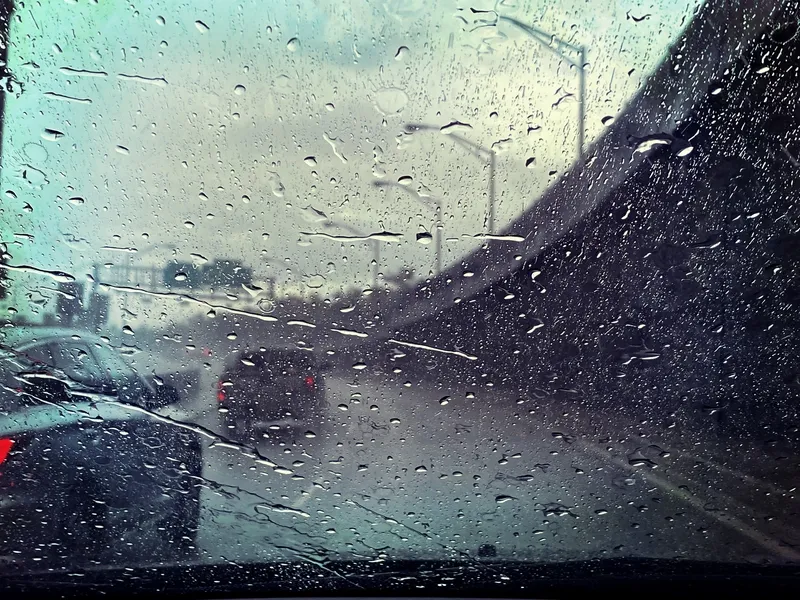Lufft, known globally for its Marwis road weather sensor, will be featuring an array sensors for mobile or stationary road weather information systems (RWIS) and automated weather observation sensors (AWOS).
September 13, 2016
Read time: 1 min
The company points to the real-world benefits of its sensor range: not only is traffic safety significantly improved, but also weather-related accident evidence is recorded. Moreover, Lufft’s sensors help to save on de-icing chemicals and to protect the environment.










